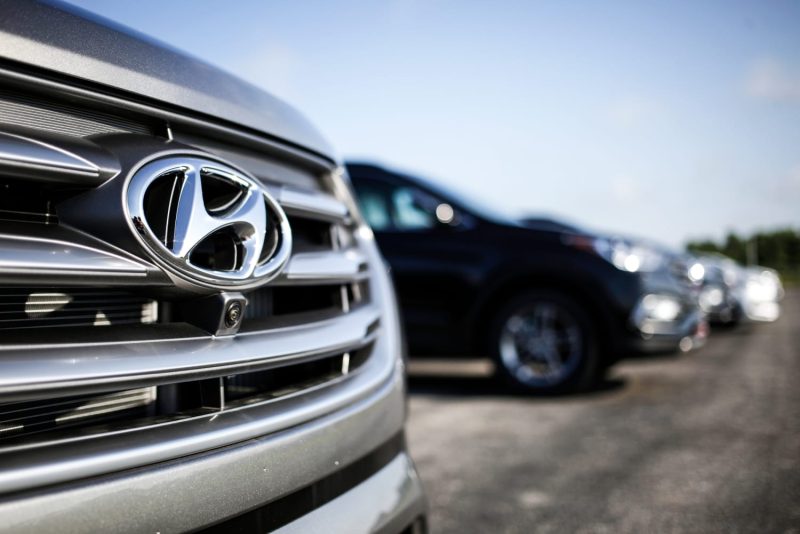Hyundai and Kia Unit Settles U.S. Charges It Repossessed Service Members’ Vehicles
The recent settlement between Hyundai Motor Group’s U.S. unit and the U.S. Department of Justice and the state of California over unlawful vehicle repossessions targeting military service members highlights a concerning issue that requires scrutiny and rectification. The case sheds light on the importance of upholding consumer rights and adhering to legal protocols to avoid exploiting vulnerable groups like service members who sacrifice for the nation.
The ordeal began when it was discovered that the Hyundai and Kia unit illegally repossessed vehicles owned by service members without court approval, a clear violation of the Servicemembers Civil Relief Act. The Act safeguards military personnel from financial obligations while on active duty and necessitates court approval for any vehicle repossession. The wrongful actions by Hyundai’s unit not only infringed on the legal rights of service members but also exposed them to financial harm and emotional distress.
The settlement reached with the Justice Department and California mandates Hyundai and Kia to pay $400,000 in restitution to affected service members and a civil penalty of $50,000, totaling $450,000. This financial compensation serves as a form of accountability for the wrongful repossessions and acknowledges the harm caused to service members. Additionally, the settlement requires the companies to implement comprehensive policies to prevent future violations and ensure compliance with the law.
The repercussions of Hyundai and Kia’s actions extend beyond financial losses to service members; the reputational damage to the companies is significant. Trust is a fundamental aspect of any business-client relationship, and breaches of trust can have far-reaching consequences. The illicit repossessions tarnish the image of the Hyundai Motor Group and raise questions about its commitment to ethical business practices and respect for consumer rights.
Moving forward, it is imperative for Hyundai and Kia to prioritize legal compliance, ethical conduct, and consumer protection in their operations. Establishing robust internal mechanisms to monitor compliance with laws and regulations, conducting regular audits, and providing training on legal requirements are crucial steps to prevent similar occurrences in the future. Moreover, fostering a corporate culture that upholds integrity, transparency, and respect for all customers, including service members, is essential to rebuild trust and credibility.
In conclusion, the Hyundai and Kia unit’s settlement with the Justice Department and California serves as a stark reminder of the repercussions of disregarding legal obligations and exploiting vulnerable groups. Upholding consumer rights, especially those of service members who selflessly serve the nation, should be a top priority for businesses. By rectifying past wrongs, implementing stringent compliance measures, and fostering a culture of integrity, Hyundai and Kia can begin to rebuild trust with consumers and restore their tarnished reputation.



























